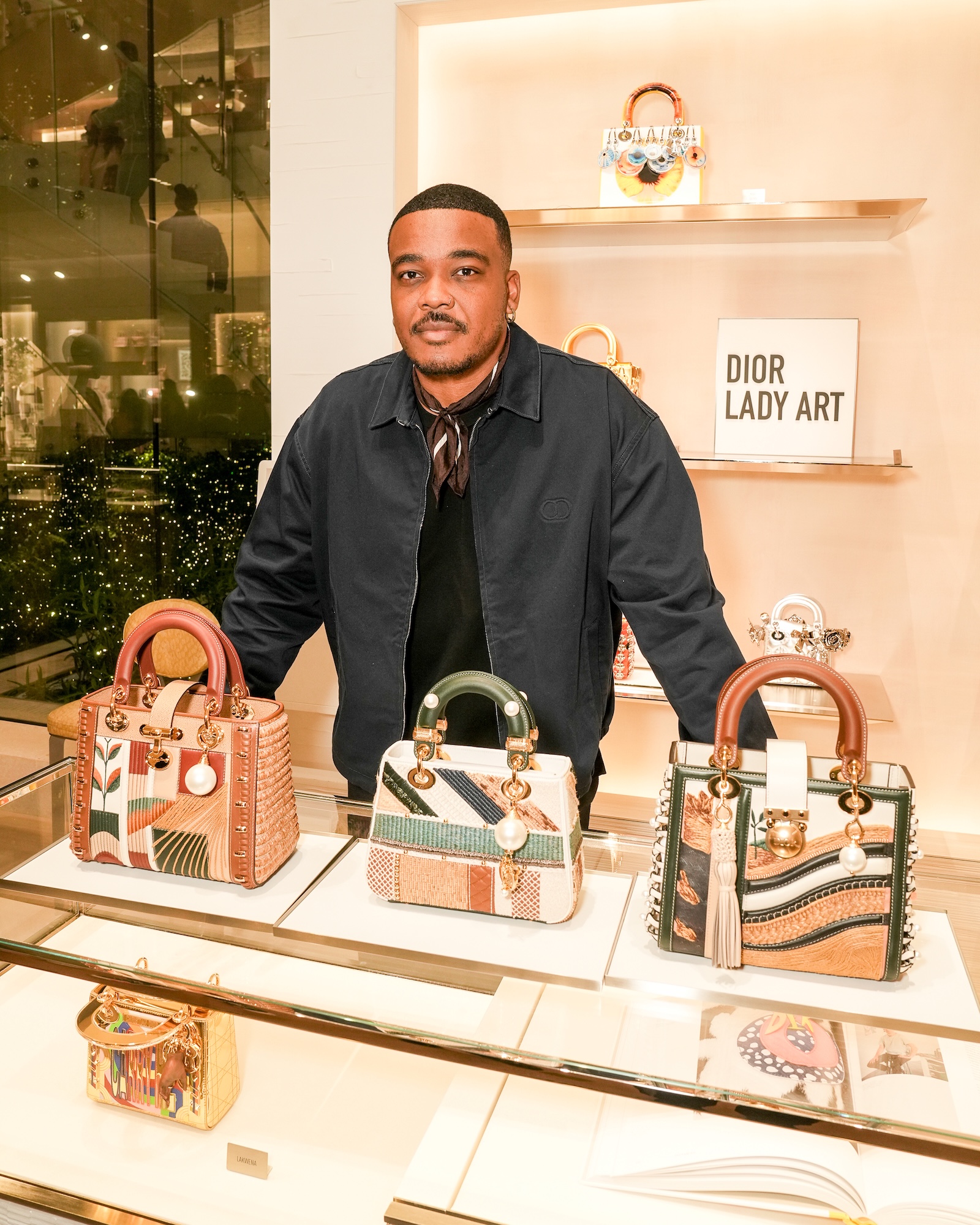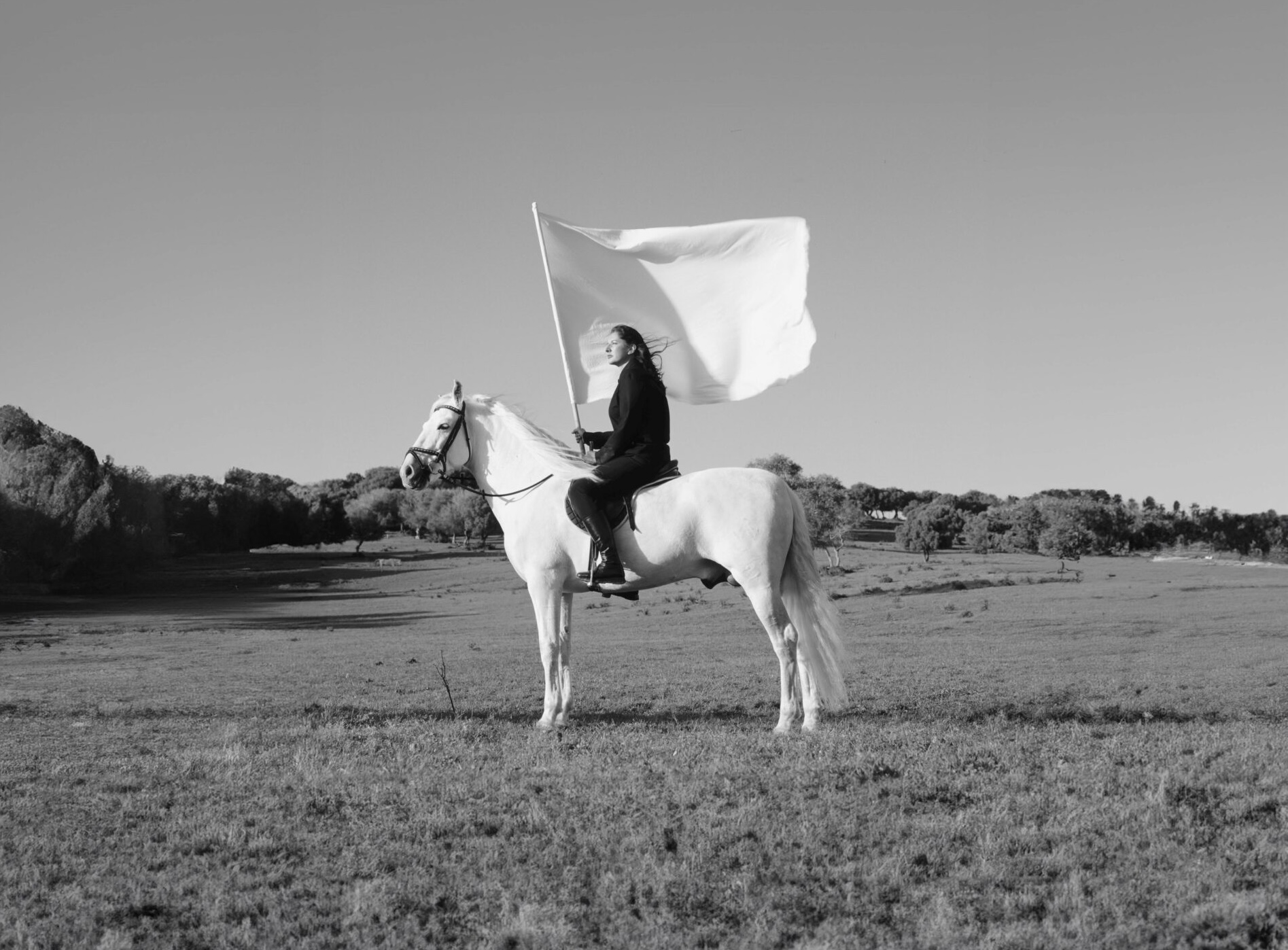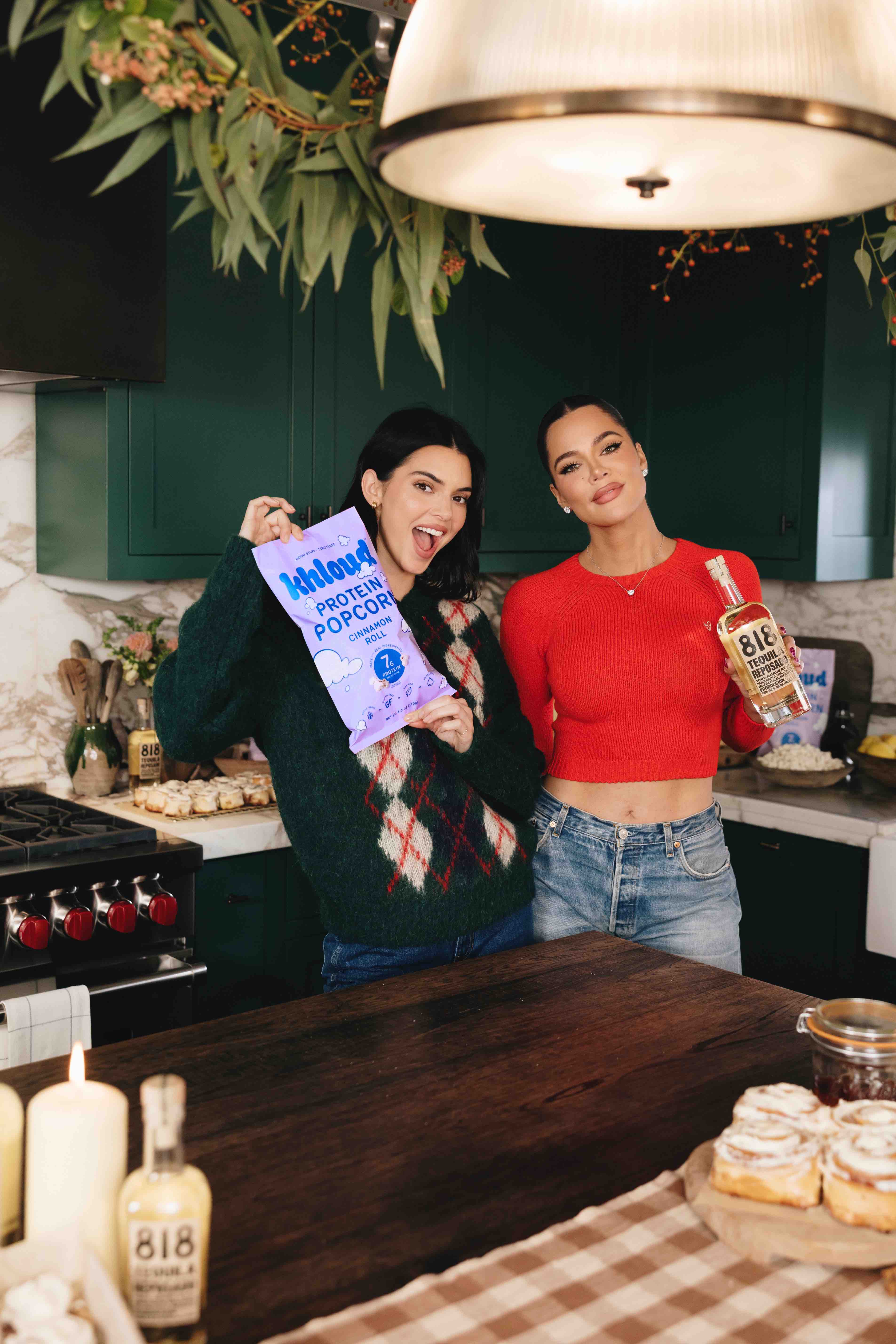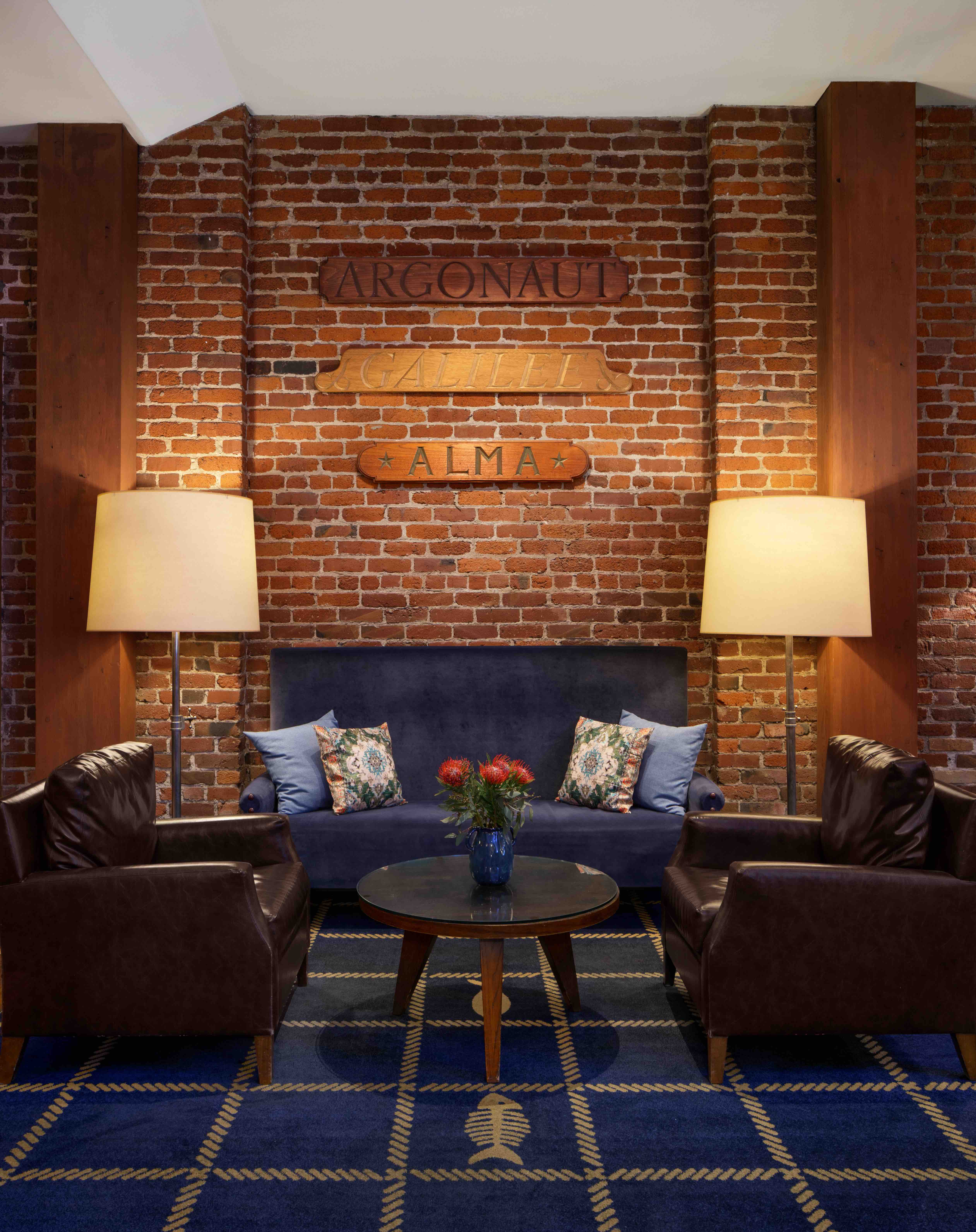

“After driving for days through all that flat Texas land, all of a sudden the freeway turned into a bridge and there I was, suspended above the water, passing this big sign that said Jefferson Davis Parish, with all these half-submerged trees sticking out of the totally still water. I was just like... 'Oh, I’m definitely somewhere different now.'”
“Bald cypress,” Diane said with an even drawl, a smile, and a nod. “Pretty, aren’t they?”
We were sitting in the cozy but spare meeting area of the only LGBT organization to have a physical meeting space in Mobile, Alabama. Diane is a lifelong resident and trans woman who coordinates a support group for other trans people around Mobile. I was put in touch with her via the organization’s website before I set out on a cross-country drive documenting often overlooked queer communities a year after Trump’s election. I didn’t have any solid expectations of Mobile, just a vague uneasiness, courtesy of everyone’s reactions when I mentioned I’d be stopping there. A black trans woman I met in Houston laughed when I told her I planned on visiting Mobile, and offered a pointed, “Oh, I’m from that area...good luck, honey!”
Diane is 54, and came out as trans this past September. She is one of three children: her older brother transitioned last year (and is now her older sister), and her other brother is an openly gay man. Diane waited so long to come out because she “felt like her parent’s last good kid.” She had a wife and has a son, and up until a few months ago, led the life of a heterosexual, Bible-study-leading white southern man. The Bible is still a big deal to Diane. As I came to understand, religion is a hugely important part of almost everyone’s life in the south, queer or otherwise.
The meeting space was in a small, nondescript bungalow behind one of Mobile’s many churches, which come in two primary varieties: old weathered brick structures with stained glass and mossy tiled roofs, or austere white industrial buildings defined by metal lettering on their facades clarifying the denomination practiced inside. This church was very much the latter. There was no indication whatsoever that there was a support group for LGBT folks inside. The church itself has no mention of its explicitly LGBT-affirming mission on its marquee or its website. It felt very much like a secret hideout, a hidden sanctuary in generally hostile territory: Mobile is where Trump held the first of his trademark stadium rallies, drawing a crowd of 30,000 and fueling his campaign’s momentum, and he went on to win Alabama as a whole with the largest margin of victory in a presidential race held in the state since 1972.
When I pulled up to meet Diane she was accompanied by her pastor, a sweet, articulate woman who graciously explained the differences between the many types of churches in Mobile, which was interesting but slipped right through my Jewish ears. The point was that most churches, even those that might tolerate LGBT folks, are not LGBT-affirming.
“The idea is,” the pastor said, “that we aren’t just ‘tolerating’ people, we’re celebrating them. They were made exactly how they are, and that deserves celebration!”
“Tolerating people is a pretty bad way to look at it... like, I tolerate it when they don’t have all the toppings I want at a salad bar,” I offered.
“Exactly. It’s not about tolerating people, it’s about accepting and loving them for exactly who they are, as the Lord intended.”
Diane nodded heavily along with this, her eyes glossy and close to tears.
“You know,” Diane interjected, “the first time I accepted communion here as Diane, I was really scared. Once I did it and didn’t burst into flames, I thought, ‘OK, maybe things will turn out all right after all!’”
“I had no idea you felt that way,” the pastor answered, voice soft and consoling, “Thank you for sharing that with me, Diane.”
I realized then that establishing that I was Jewish as soon as possible would probably be a good idea, before I found myself lost in an incomprehensible sea of New Testament references and baroque Christian rituals. They both quickly assured me that all were welcome, which I figured was the case since I was at an LGBT meeting space and not a church meeting, but in context it was certainly reassuring to hear it said. A younger queer local would later tell me that I was the first Jewish person they had ever met. He asked why, if I was Jewish, I wasn’t “wearing the hat thing.” I laughed, assuming he was kidding. He was not.
When I was finally able to steer the conversation away from your friend and mine, Jesus H. Christ, the pastor said her goodbyes and left me with Diane to discuss the finer details of the organization. The Mobile chapter of the support group is relatively new, as is the meeting space. Diane leads the trans element of the group, and a coalition of young locals lead an outreach program to try and make sure that every LGBT person in Mobile knows there is a place to come and discuss the myriad issues they are confronted with in their everyday lives. In the year or so since they opened, Diane estimates the total number of people to come through the doors of the meeting space to be about one hundred, with most only coming for a meeting or two before their attendance trailed off, and the majority of the participants being members of the youth-oriented group that serves LGBT locals between the ages of 14-18.
“I think a lot of the people who come just want to know there’s something here,” Diane said with a sigh of resignation. “That they aren’t all alone in this; that they don’t need to feel like freaks or outsiders. That’s definitely how it is for my trans group.”
I asked her if Trump’s election had impacted the daily life of queer people in Mobile. “It has,” she told me. “There’s been a withdrawing of the community. People aren’t going out or getting together as much, because they’re more worried about their safety than before. In the early 2000s there was a period when it looked like the city was on its way to being generally kind of liberal, but all that’s gone now.” She made a point to differentiate the people of Mobile and its surrounding county from Alabamians in many of the counties nearby. The recent upset election of Doug Jones, the first Alabama Democrat to be elected to the Senate in 25 years, was due in large part to cities like Mobile. The election was still a very close one, even though the Republican opponent was a noted child molester.
Diane told me that a close friend of hers, another trans woman, had voted for Trump. “She just kept saying, ‘Oh, we’re so far down the totem pole, and he’s going to be great for jobs. That Hillary is just a liar.’ You know, all the Fox News nonsense.”
“I can’t imagine she’s very happy with that vote now,” I responded.
“Oh, she is _pissed_,” Diane said, lingering on the first syllable. “The day after that trans military ban nonsense, she sent me a text sayin’, ‘What have I DONE!’ She still can’t get over it, but you know, I told her so...”
Trump aside, the fact that the queer community in Mobile has a place to meet and find support is wonderful. Importantly, though, there was an overwhelming whiteness to the organization that I couldn’t seem to square with what I knew to be the demographic breakdown of the city: 50% of Mobile is black, 43% is white, and everyone else makes up the remaining 7%. The racial complications of life in Mobile were highlighted to me in a conversation with a young, queer, black guy who often performs in drag at B-Bob’s, a local gay bar. (Pronounced like the insect and the name Bob, not like someone with a stutter trying to say “Bob’s.”)
According to him, ahead of any discrimination faced by the queer community, the issue of race is the defining social divide in Mobile. When I asked Diane about the diversity of the center’s membership, she half-heartedly offered that, “a couple of our outreach volunteers are black...” However, she was also quick to point out that not a single black trans person had shown up to one of her meetings. Considering that up until a few months ago Diane was living her life as a straight white man, I can imagine why a black trans person might not feel as though a support group led by her would necessarily cater to their unique set of struggles. It was a thought that the younger black man confirmed.
“Race is totally the big thing here still. When someone sees me, they see a black guy and then a gay guy, in that order, no matter what.” Being on the feminine side, which is where this guy comfortably exists, is something queer communities themselves generally have an issue accepting, in Mobile or not. In his case, he said that many people in the queer community are actively rude to him for being too “out there” and “too girly.” It was similar to the attitude Diane had regarding what she felt was “appropriate” behavior for the trans people in Mobile. Apparently, one of the members of the support group tends to wear what Diane considers provocative clothing.
“She was complaining to me about gettin’ things said to her in Walmart, and I said to her, ‘Well honey, if you just toned it down, people wouldn’t pay any attention!’” Diane said like an admonishing mother. “You don’t need to be shoving it in everyone’s face like that. You just don’t.”
Despite the existence of the LGBT meeting space, as well as a “virtual center” provided by another organization, it definitely did not appear like the queer community of Mobile had much in the way of institutionalized support. The general idea of staying under the radar and “out of people’s faces” in order to live a safe life as a queer person is antiquated to the point of sounding ridiculous, and if my experience with the mentality holds any water, it does a lot of damage to young queer people struggling to come to terms with their identities. It’s nice that Diane was able to finally come out as trans, but in an environment like Mobile, one can only assume that, thanks to the repressive environment created by intolerant religious leaders and compounded by the election of Trump, for every Diane there are many queer folks who might never feel comfortable coming out for fear of rejection by their family, or physical harm, or both.
“The young people are pushing things along, though,” Diane said as our meeting wound down. “They really are. If it wasn’t for the brave young people, I don’t know if I’d ever have had the courage to come out.” It’s a nice thought, and one supported by evidence both anecdotal and scientific (the estimated number of transgender adults in the United States was doubled in 2016 by the research organization The Williams Group). As the young people of Mobile continue to push past the mentality of isolation for protection, the queer community will hopefully really get its legs, and do so in a way that truly reflects the people who live there. That’s the fantasy, at least.
* * *
Written by Michael Podell
 
“After driving for days through all that flat Texas land, all of a sudden the freeway turned into a bridge and there I was, suspended above the water, passing this big sign that said Jefferson Davis Parish, with all these half-submerged trees sticking out of the totally still water. I was just like... 'Oh, I’m definitely somewhere different now.'”
“Bald cypress,” Diane said with an even drawl, a smile, and a nod. “Pretty, aren’t they?”
We were sitting in the cozy but spare meeting area of the only LGBT organization to have a physical meeting space in Mobile, Alabama. Diane is a lifelong resident and trans woman who coordinates a support group for other trans people around Mobile. I was put in touch with her via the organization’s website before I set out on a cross-country drive documenting often overlooked queer communities a year after Trump’s election. I didn’t have any solid expectations of Mobile, just a vague uneasiness, courtesy of everyone’s reactions when I mentioned I’d be stopping there. A black trans woman I met in Houston laughed when I told her I planned on visiting Mobile, and offered a pointed, “Oh, I’m from that area...good luck, honey!”
Diane is 54, and came out as trans this past September. She is one of three children: her older brother transitioned last year (and is now her older sister), and her other brother is an openly gay man. Diane waited so long to come out because she “felt like her parent’s last good kid.” She had a wife and has a son, and up until a few months ago, led the life of a heterosexual, Bible-study-leading white southern man. The Bible is still a big deal to Diane. As I came to understand, religion is a hugely important part of almost everyone’s life in the south, queer or otherwise.
The meeting space was in a small, nondescript bungalow behind one of Mobile’s many churches, which come in two primary varieties: old weathered brick structures with stained glass and mossy tiled roofs, or austere white industrial buildings defined by metal lettering on their facades clarifying the denomination practiced inside. This church was very much the latter. There was no indication whatsoever that there was a support group for LGBT folks inside. The church itself has no mention of its explicitly LGBT-affirming mission on its marquee or its website. It felt very much like a secret hideout, a hidden sanctuary in generally hostile territory: Mobile is where Trump held the first of his trademark stadium rallies, drawing a crowd of 30,000 and fueling his campaign’s momentum, and he went on to win Alabama as a whole with the largest margin of victory in a presidential race held in the state since 1972.
When I pulled up to meet Diane she was accompanied by her pastor, a sweet, articulate woman who graciously explained the differences between the many types of churches in Mobile, which was interesting but slipped right through my Jewish ears. The point was that most churches, even those that might tolerate LGBT folks, are not LGBT-affirming.
“The idea is,” the pastor said, “that we aren’t just ‘tolerating’ people, we’re celebrating them. They were made exactly how they are, and that deserves celebration!”
“Tolerating people is a pretty bad way to look at it... like, I tolerate it when they don’t have all the toppings I want at a salad bar,” I offered.
“Exactly. It’s not about tolerating people, it’s about accepting and loving them for exactly who they are, as the Lord intended.”
Diane nodded heavily along with this, her eyes glossy and close to tears.
“You know,” Diane interjected, “the first time I accepted communion here as Diane, I was really scared. Once I did it and didn’t burst into flames, I thought, ‘OK, maybe things will turn out all right after all!’”
“I had no idea you felt that way,” the pastor answered, voice soft and consoling, “Thank you for sharing that with me, Diane.”
I realized then that establishing that I was Jewish as soon as possible would probably be a good idea, before I found myself lost in an incomprehensible sea of New Testament references and baroque Christian rituals. They both quickly assured me that all were welcome, which I figured was the case since I was at an LGBT meeting space and not a church meeting, but in context it was certainly reassuring to hear it said. A younger queer local would later tell me that I was the first Jewish person they had ever met. He asked why, if I was Jewish, I wasn’t “wearing the hat thing.” I laughed, assuming he was kidding. He was not.
When I was finally able to steer the conversation away from your friend and mine, Jesus H. Christ, the pastor said her goodbyes and left me with Diane to discuss the finer details of the organization. The Mobile chapter of the support group is relatively new, as is the meeting space. Diane leads the trans element of the group, and a coalition of young locals lead an outreach program to try and make sure that every LGBT person in Mobile knows there is a place to come and discuss the myriad issues they are confronted with in their everyday lives. In the year or so since they opened, Diane estimates the total number of people to come through the doors of the meeting space to be about one hundred, with most only coming for a meeting or two before their attendance trailed off, and the majority of the participants being members of the youth-oriented group that serves LGBT locals between the ages of 14-18.
“I think a lot of the people who come just want to know there’s something here,” Diane said with a sigh of resignation. “That they aren’t all alone in this; that they don’t need to feel like freaks or outsiders. That’s definitely how it is for my trans group.”
I asked her if Trump’s election had impacted the daily life of queer people in Mobile. “It has,” she told me. “There’s been a withdrawing of the community. People aren’t going out or getting together as much, because they’re more worried about their safety than before. In the early 2000s there was a period when it looked like the city was on its way to being generally kind of liberal, but all that’s gone now.” She made a point to differentiate the people of Mobile and its surrounding county from Alabamians in many of the counties nearby. The recent upset election of Doug Jones, the first Alabama Democrat to be elected to the Senate in 25 years, was due in large part to cities like Mobile. The election was still a very close one, even though the Republican opponent was a noted child molester.
Diane told me that a close friend of hers, another trans woman, had voted for Trump. “She just kept saying, ‘Oh, we’re so far down the totem pole, and he’s going to be great for jobs. That Hillary is just a liar.’ You know, all the Fox News nonsense.”
“I can’t imagine she’s very happy with that vote now,” I responded.
“Oh, she is _pissed_,” Diane said, lingering on the first syllable. “The day after that trans military ban nonsense, she sent me a text sayin’, ‘What have I DONE!’ She still can’t get over it, but you know, I told her so...”
Trump aside, the fact that the queer community in Mobile has a place to meet and find support is wonderful. Importantly, though, there was an overwhelming whiteness to the organization that I couldn’t seem to square with what I knew to be the demographic breakdown of the city: 50% of Mobile is black, 43% is white, and everyone else makes up the remaining 7%. The racial complications of life in Mobile were highlighted to me in a conversation with a young, queer, black guy who often performs in drag at B-Bob’s, a local gay bar. (Pronounced like the insect and the name Bob, not like someone with a stutter trying to say “Bob’s.”)
According to him, ahead of any discrimination faced by the queer community, the issue of race is the defining social divide in Mobile. When I asked Diane about the diversity of the center’s membership, she half-heartedly offered that, “a couple of our outreach volunteers are black...” However, she was also quick to point out that not a single black trans person had shown up to one of her meetings. Considering that up until a few months ago Diane was living her life as a straight white man, I can imagine why a black trans person might not feel as though a support group led by her would necessarily cater to their unique set of struggles. It was a thought that the younger black man confirmed.
“Race is totally the big thing here still. When someone sees me, they see a black guy and then a gay guy, in that order, no matter what.” Being on the feminine side, which is where this guy comfortably exists, is something queer communities themselves generally have an issue accepting, in Mobile or not. In his case, he said that many people in the queer community are actively rude to him for being too “out there” and “too girly.” It was similar to the attitude Diane had regarding what she felt was “appropriate” behavior for the trans people in Mobile. Apparently, one of the members of the support group tends to wear what Diane considers provocative clothing.
“She was complaining to me about gettin’ things said to her in Walmart, and I said to her, ‘Well honey, if you just toned it down, people wouldn’t pay any attention!’” Diane said like an admonishing mother. “You don’t need to be shoving it in everyone’s face like that. You just don’t.”
Despite the existence of the LGBT meeting space, as well as a “virtual center” provided by another organization, it definitely did not appear like the queer community of Mobile had much in the way of institutionalized support. The general idea of staying under the radar and “out of people’s faces” in order to live a safe life as a queer person is antiquated to the point of sounding ridiculous, and if my experience with the mentality holds any water, it does a lot of damage to young queer people struggling to come to terms with their identities. It’s nice that Diane was able to finally come out as trans, but in an environment like Mobile, one can only assume that, thanks to the repressive environment created by intolerant religious leaders and compounded by the election of Trump, for every Diane there are many queer folks who might never feel comfortable coming out for fear of rejection by their family, or physical harm, or both.
“The young people are pushing things along, though,” Diane said as our meeting wound down. “They really are. If it wasn’t for the brave young people, I don’t know if I’d ever have had the courage to come out.” It’s a nice thought, and one supported by evidence both anecdotal and scientific (the estimated number of transgender adults in the United States was doubled in 2016 by the research organization The Williams Group). As the young people of Mobile continue to push past the mentality of isolation for protection, the queer community will hopefully really get its legs, and do so in a way that truly reflects the people who live there. That’s the fantasy, at least.
* * *
Written by Michael Podell

“After driving for days through all that flat Texas land, all of a sudden the freeway turned into a bridge and there I was, suspended above the water, passing this big sign that said Jefferson Davis Parish, with all these half-submerged trees sticking out of the totally still water. I was just like... 'Oh, I’m definitely somewhere different now.'”
“Bald cypress,” Diane said with an even drawl, a smile, and a nod. “Pretty, aren’t they?”
We were sitting in the cozy but spare meeting area of the only LGBT organization to have a physical meeting space in Mobile, Alabama. Diane is a lifelong resident and trans woman who coordinates a support group for other trans people around Mobile. I was put in touch with her via the organization’s website before I set out on a cross-country drive documenting often overlooked queer communities a year after Trump’s election. I didn’t have any solid expectations of Mobile, just a vague uneasiness, courtesy of everyone’s reactions when I mentioned I’d be stopping there. A black trans woman I met in Houston laughed when I told her I planned on visiting Mobile, and offered a pointed, “Oh, I’m from that area...good luck, honey!”
Diane is 54, and came out as trans this past September. She is one of three children: her older brother transitioned last year (and is now her older sister), and her other brother is an openly gay man. Diane waited so long to come out because she “felt like her parent’s last good kid.” She had a wife and has a son, and up until a few months ago, led the life of a heterosexual, Bible-study-leading white southern man. The Bible is still a big deal to Diane. As I came to understand, religion is a hugely important part of almost everyone’s life in the south, queer or otherwise.
The meeting space was in a small, nondescript bungalow behind one of Mobile’s many churches, which come in two primary varieties: old weathered brick structures with stained glass and mossy tiled roofs, or austere white industrial buildings defined by metal lettering on their facades clarifying the denomination practiced inside. This church was very much the latter. There was no indication whatsoever that there was a support group for LGBT folks inside. The church itself has no mention of its explicitly LGBT-affirming mission on its marquee or its website. It felt very much like a secret hideout, a hidden sanctuary in generally hostile territory: Mobile is where Trump held the first of his trademark stadium rallies, drawing a crowd of 30,000 and fueling his campaign’s momentum, and he went on to win Alabama as a whole with the largest margin of victory in a presidential race held in the state since 1972.
When I pulled up to meet Diane she was accompanied by her pastor, a sweet, articulate woman who graciously explained the differences between the many types of churches in Mobile, which was interesting but slipped right through my Jewish ears. The point was that most churches, even those that might tolerate LGBT folks, are not LGBT-affirming.
“The idea is,” the pastor said, “that we aren’t just ‘tolerating’ people, we’re celebrating them. They were made exactly how they are, and that deserves celebration!”
“Tolerating people is a pretty bad way to look at it... like, I tolerate it when they don’t have all the toppings I want at a salad bar,” I offered.
“Exactly. It’s not about tolerating people, it’s about accepting and loving them for exactly who they are, as the Lord intended.”
Diane nodded heavily along with this, her eyes glossy and close to tears.
“You know,” Diane interjected, “the first time I accepted communion here as Diane, I was really scared. Once I did it and didn’t burst into flames, I thought, ‘OK, maybe things will turn out all right after all!’”
“I had no idea you felt that way,” the pastor answered, voice soft and consoling, “Thank you for sharing that with me, Diane.”
I realized then that establishing that I was Jewish as soon as possible would probably be a good idea, before I found myself lost in an incomprehensible sea of New Testament references and baroque Christian rituals. They both quickly assured me that all were welcome, which I figured was the case since I was at an LGBT meeting space and not a church meeting, but in context it was certainly reassuring to hear it said. A younger queer local would later tell me that I was the first Jewish person they had ever met. He asked why, if I was Jewish, I wasn’t “wearing the hat thing.” I laughed, assuming he was kidding. He was not.
When I was finally able to steer the conversation away from your friend and mine, Jesus H. Christ, the pastor said her goodbyes and left me with Diane to discuss the finer details of the organization. The Mobile chapter of the support group is relatively new, as is the meeting space. Diane leads the trans element of the group, and a coalition of young locals lead an outreach program to try and make sure that every LGBT person in Mobile knows there is a place to come and discuss the myriad issues they are confronted with in their everyday lives. In the year or so since they opened, Diane estimates the total number of people to come through the doors of the meeting space to be about one hundred, with most only coming for a meeting or two before their attendance trailed off, and the majority of the participants being members of the youth-oriented group that serves LGBT locals between the ages of 14-18.
“I think a lot of the people who come just want to know there’s something here,” Diane said with a sigh of resignation. “That they aren’t all alone in this; that they don’t need to feel like freaks or outsiders. That’s definitely how it is for my trans group.”
I asked her if Trump’s election had impacted the daily life of queer people in Mobile. “It has,” she told me. “There’s been a withdrawing of the community. People aren’t going out or getting together as much, because they’re more worried about their safety than before. In the early 2000s there was a period when it looked like the city was on its way to being generally kind of liberal, but all that’s gone now.” She made a point to differentiate the people of Mobile and its surrounding county from Alabamians in many of the counties nearby. The recent upset election of Doug Jones, the first Alabama Democrat to be elected to the Senate in 25 years, was due in large part to cities like Mobile. The election was still a very close one, even though the Republican opponent was a noted child molester.
Diane told me that a close friend of hers, another trans woman, had voted for Trump. “She just kept saying, ‘Oh, we’re so far down the totem pole, and he’s going to be great for jobs. That Hillary is just a liar.’ You know, all the Fox News nonsense.”
“I can’t imagine she’s very happy with that vote now,” I responded.
“Oh, she is _pissed_,” Diane said, lingering on the first syllable. “The day after that trans military ban nonsense, she sent me a text sayin’, ‘What have I DONE!’ She still can’t get over it, but you know, I told her so...”
Trump aside, the fact that the queer community in Mobile has a place to meet and find support is wonderful. Importantly, though, there was an overwhelming whiteness to the organization that I couldn’t seem to square with what I knew to be the demographic breakdown of the city: 50% of Mobile is black, 43% is white, and everyone else makes up the remaining 7%. The racial complications of life in Mobile were highlighted to me in a conversation with a young, queer, black guy who often performs in drag at B-Bob’s, a local gay bar. (Pronounced like the insect and the name Bob, not like someone with a stutter trying to say “Bob’s.”)
According to him, ahead of any discrimination faced by the queer community, the issue of race is the defining social divide in Mobile. When I asked Diane about the diversity of the center’s membership, she half-heartedly offered that, “a couple of our outreach volunteers are black...” However, she was also quick to point out that not a single black trans person had shown up to one of her meetings. Considering that up until a few months ago Diane was living her life as a straight white man, I can imagine why a black trans person might not feel as though a support group led by her would necessarily cater to their unique set of struggles. It was a thought that the younger black man confirmed.
“Race is totally the big thing here still. When someone sees me, they see a black guy and then a gay guy, in that order, no matter what.” Being on the feminine side, which is where this guy comfortably exists, is something queer communities themselves generally have an issue accepting, in Mobile or not. In his case, he said that many people in the queer community are actively rude to him for being too “out there” and “too girly.” It was similar to the attitude Diane had regarding what she felt was “appropriate” behavior for the trans people in Mobile. Apparently, one of the members of the support group tends to wear what Diane considers provocative clothing.
“She was complaining to me about gettin’ things said to her in Walmart, and I said to her, ‘Well honey, if you just toned it down, people wouldn’t pay any attention!’” Diane said like an admonishing mother. “You don’t need to be shoving it in everyone’s face like that. You just don’t.”
Despite the existence of the LGBT meeting space, as well as a “virtual center” provided by another organization, it definitely did not appear like the queer community of Mobile had much in the way of institutionalized support. The general idea of staying under the radar and “out of people’s faces” in order to live a safe life as a queer person is antiquated to the point of sounding ridiculous, and if my experience with the mentality holds any water, it does a lot of damage to young queer people struggling to come to terms with their identities. It’s nice that Diane was able to finally come out as trans, but in an environment like Mobile, one can only assume that, thanks to the repressive environment created by intolerant religious leaders and compounded by the election of Trump, for every Diane there are many queer folks who might never feel comfortable coming out for fear of rejection by their family, or physical harm, or both.
“The young people are pushing things along, though,” Diane said as our meeting wound down. “They really are. If it wasn’t for the brave young people, I don’t know if I’d ever have had the courage to come out.” It’s a nice thought, and one supported by evidence both anecdotal and scientific (the estimated number of transgender adults in the United States was doubled in 2016 by the research organization The Williams Group). As the young people of Mobile continue to push past the mentality of isolation for protection, the queer community will hopefully really get its legs, and do so in a way that truly reflects the people who live there. That’s the fantasy, at least.
* * *
Written by Michael Podell
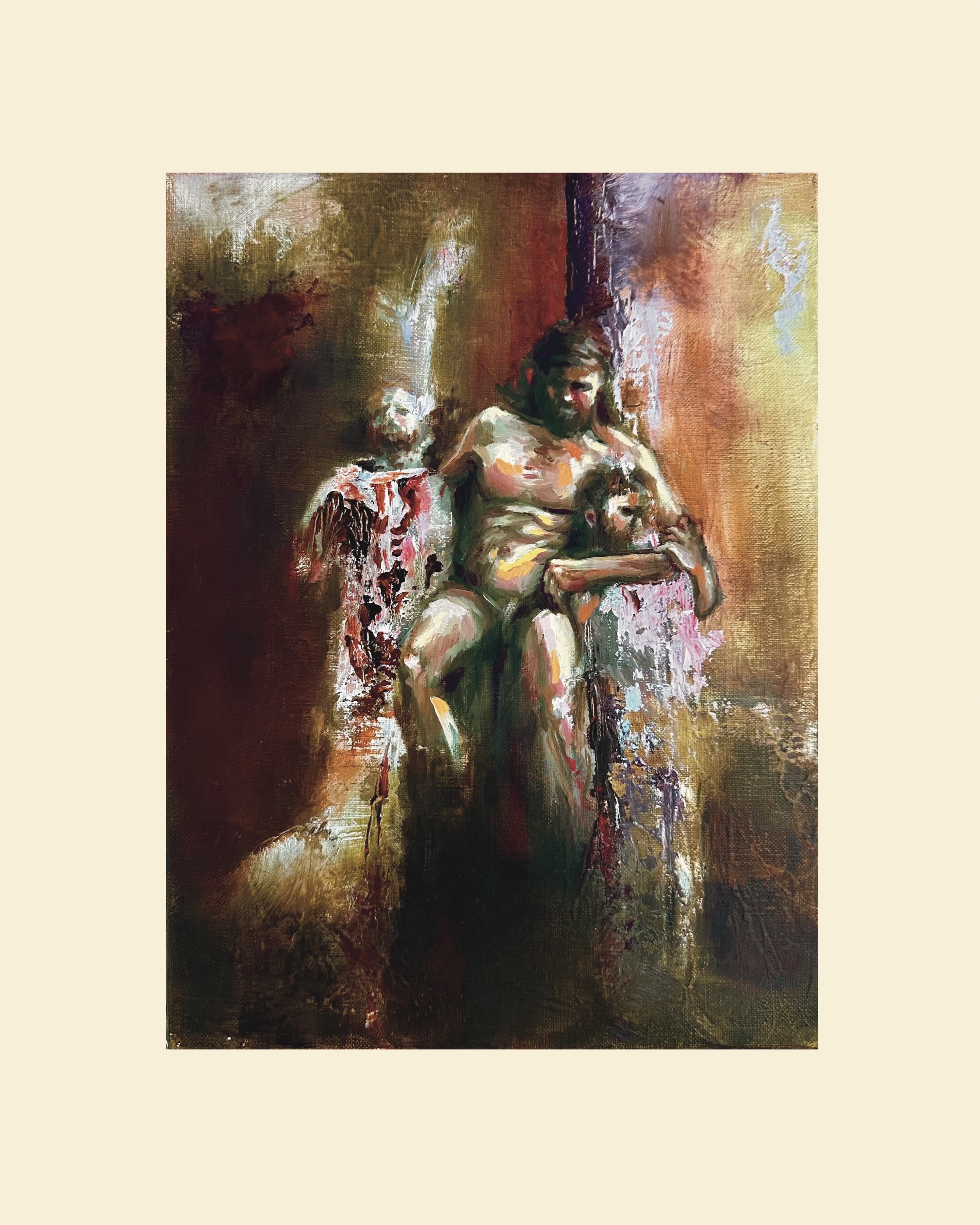
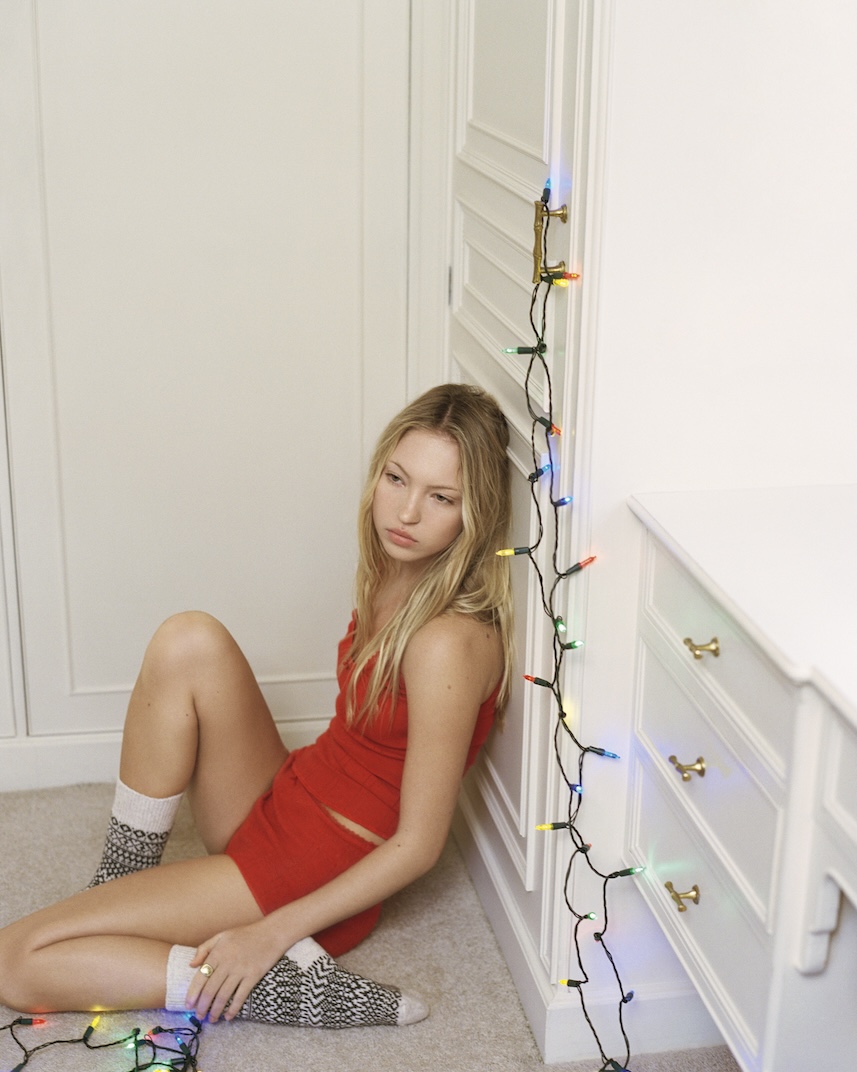
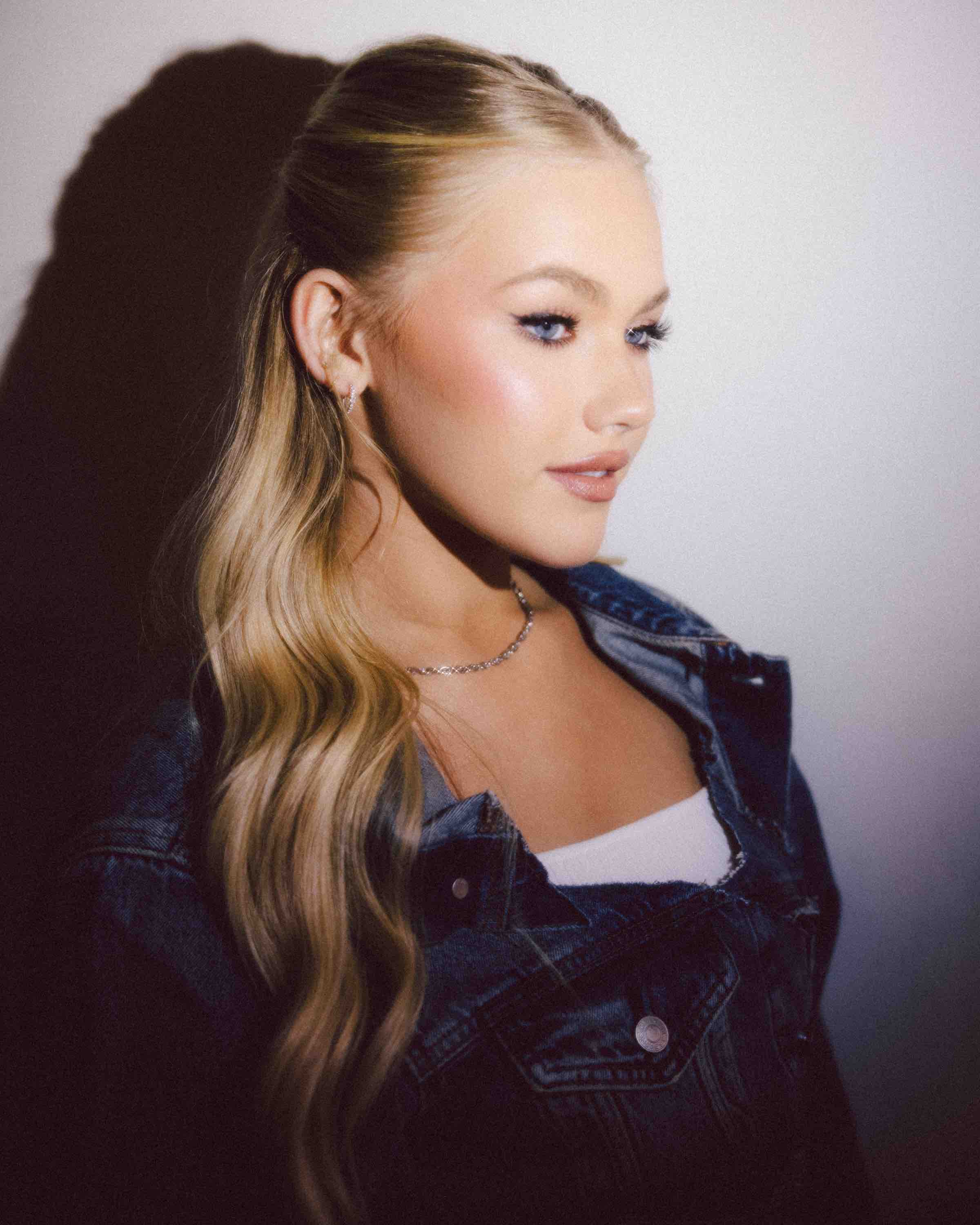
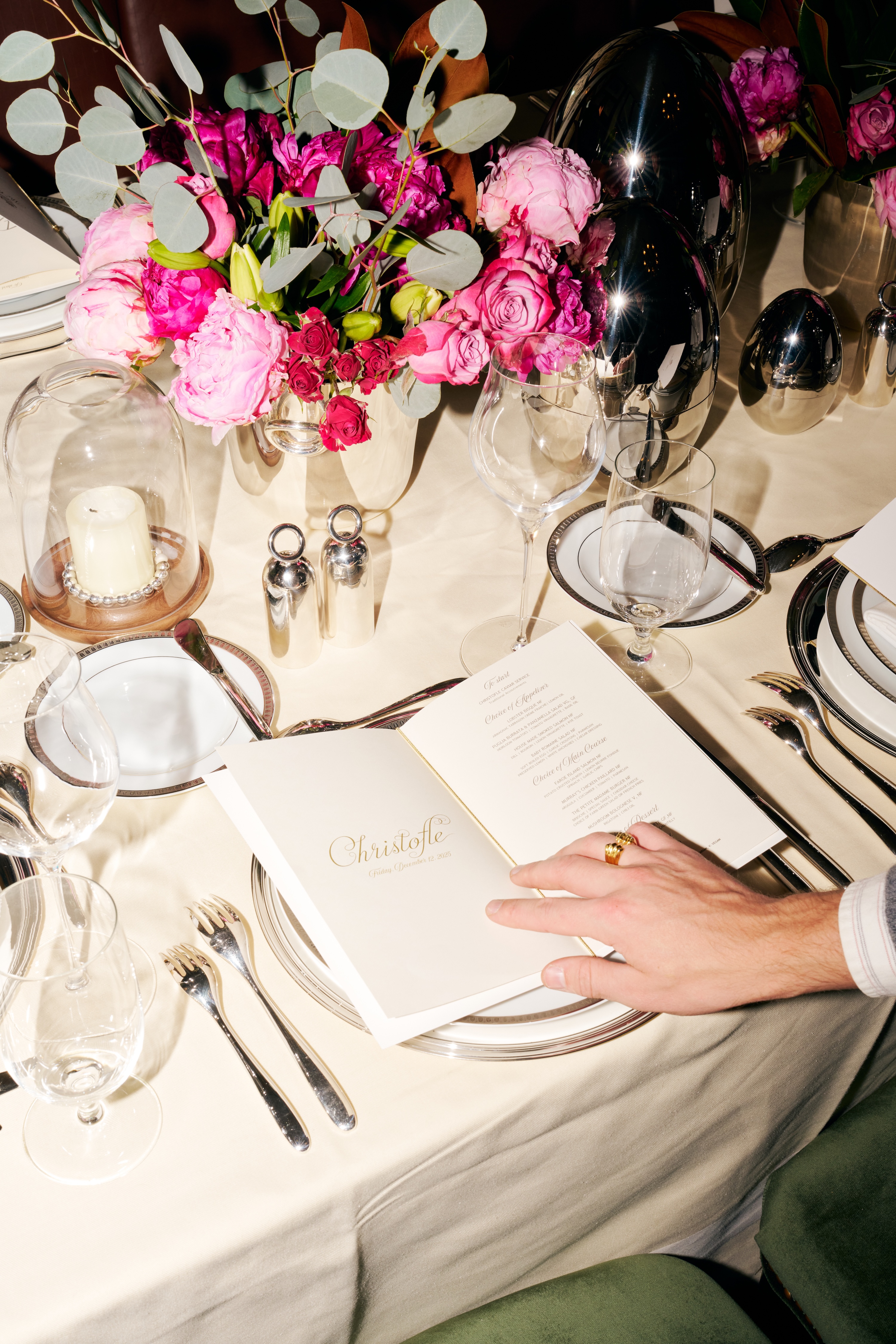
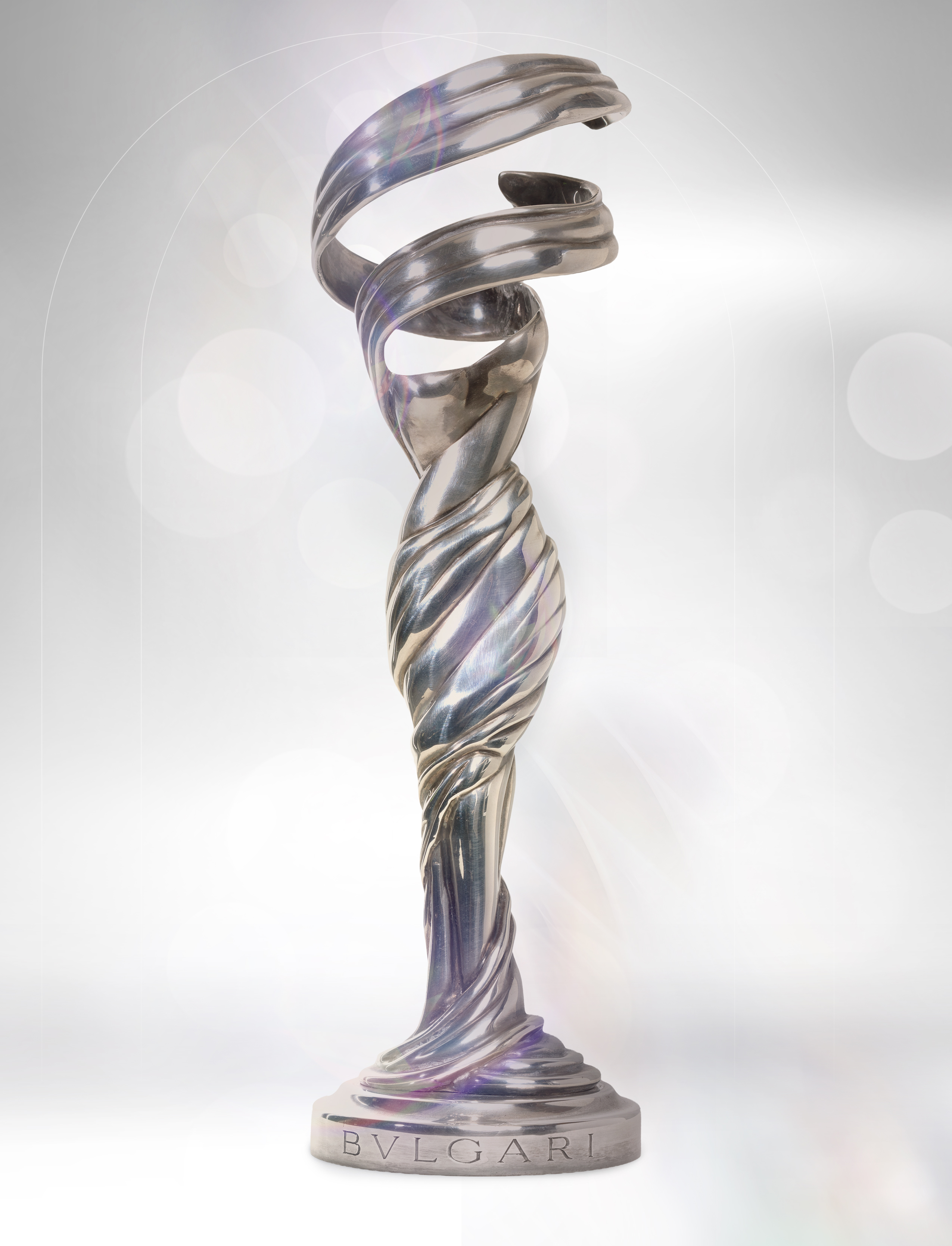
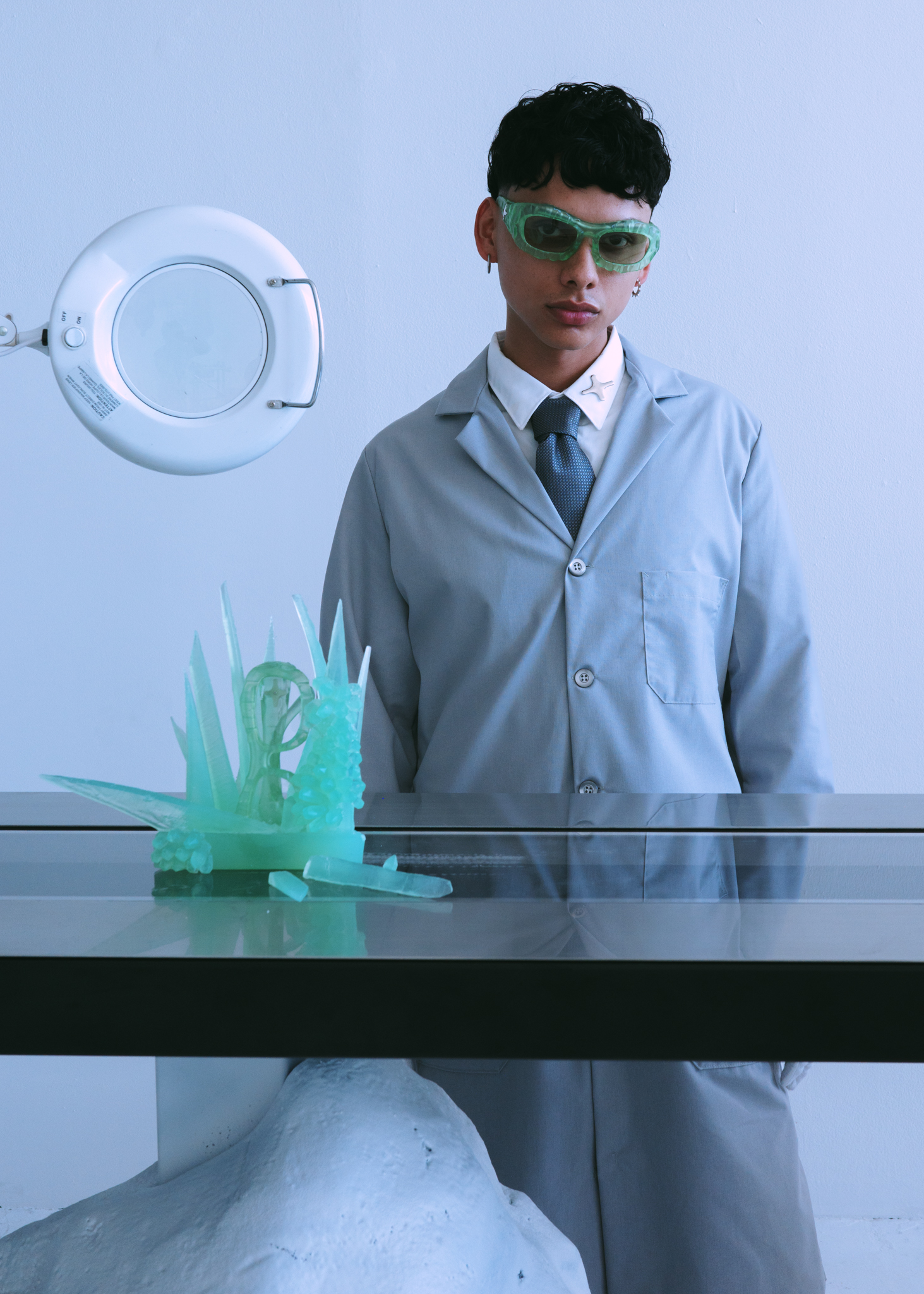

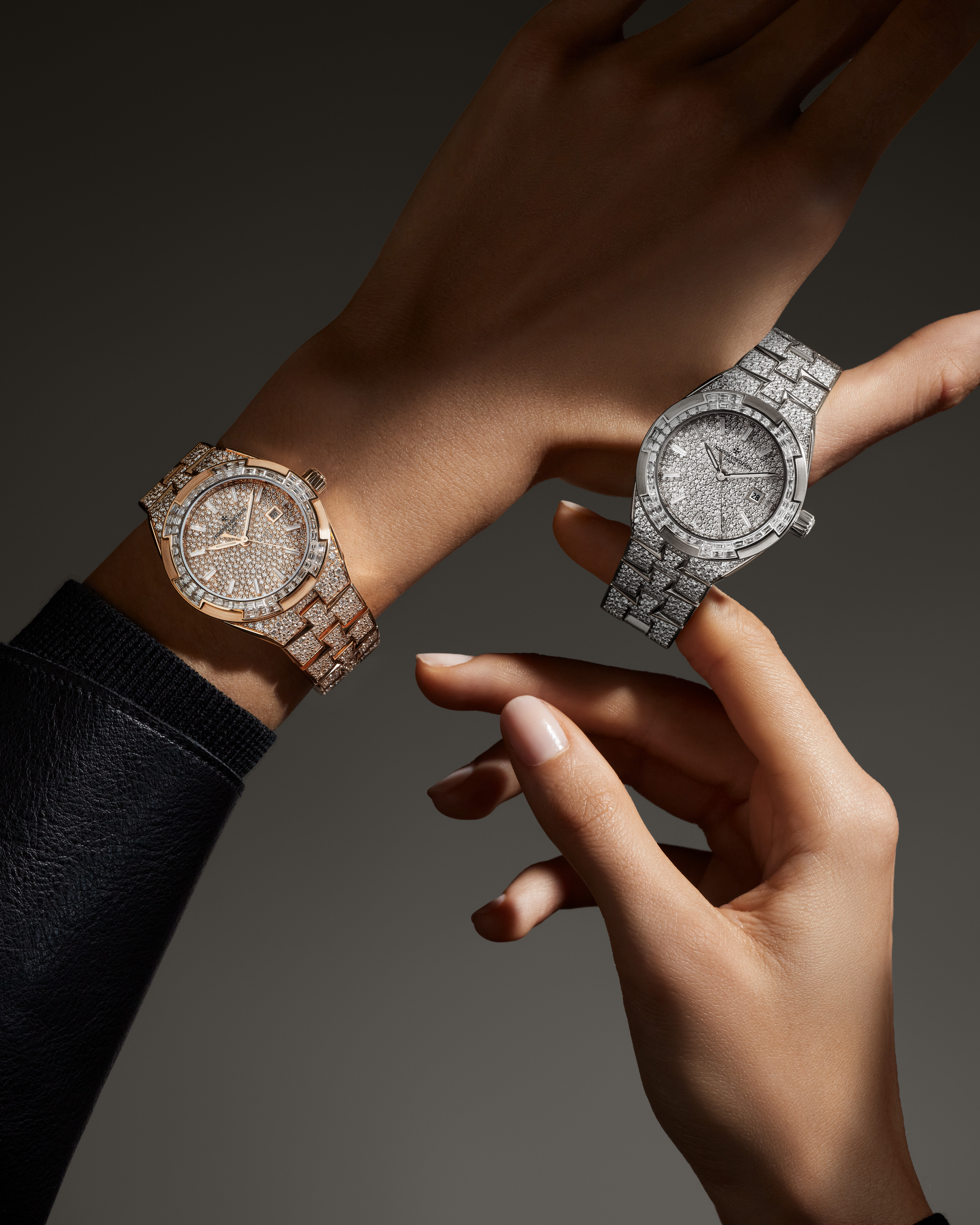
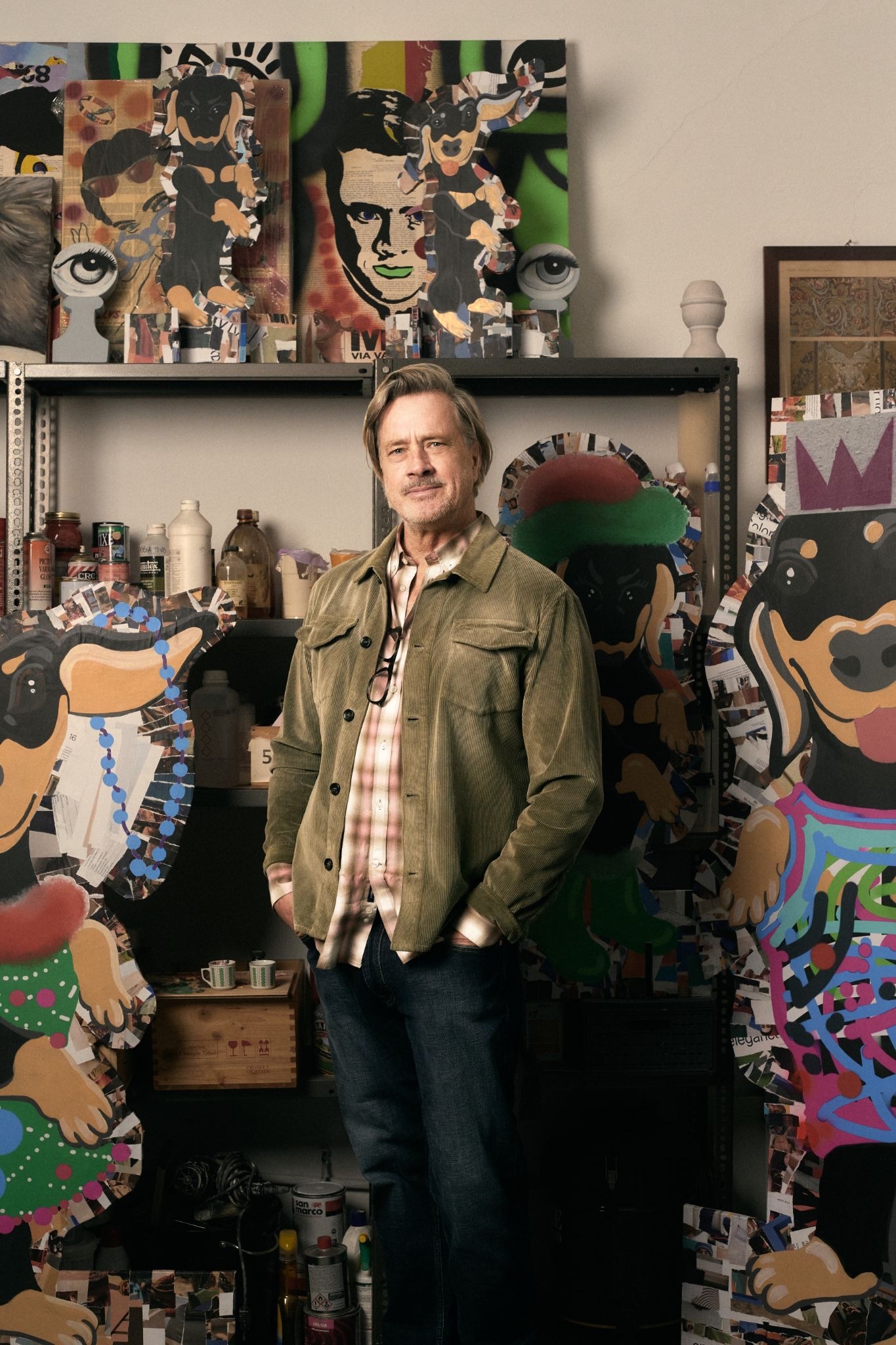
.JPG)
.jpg)
